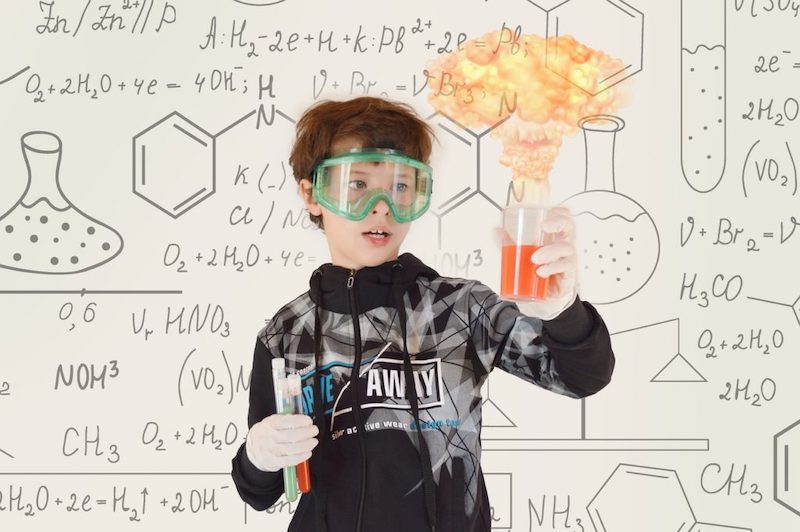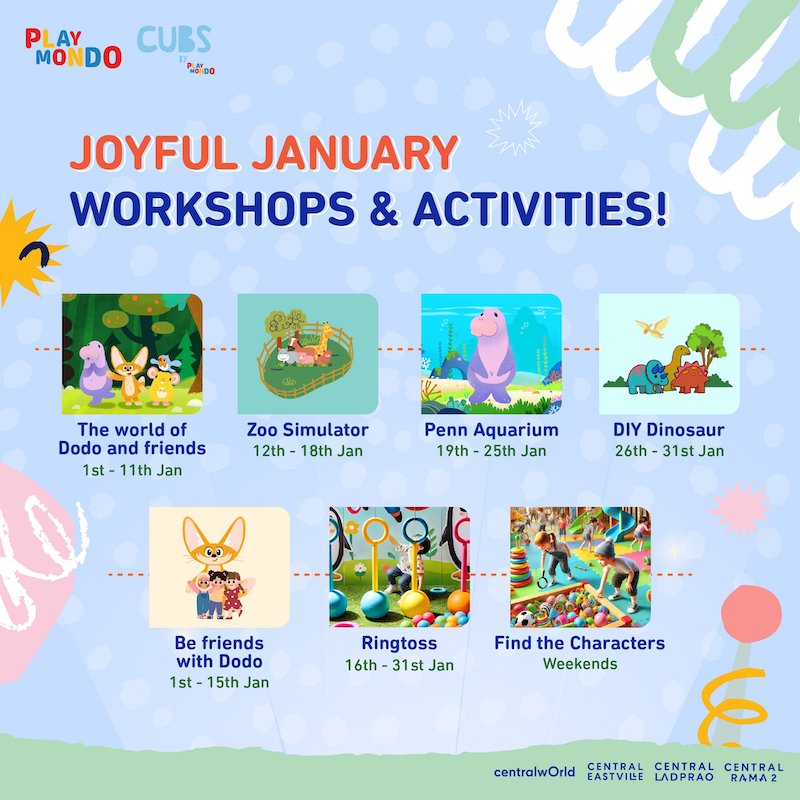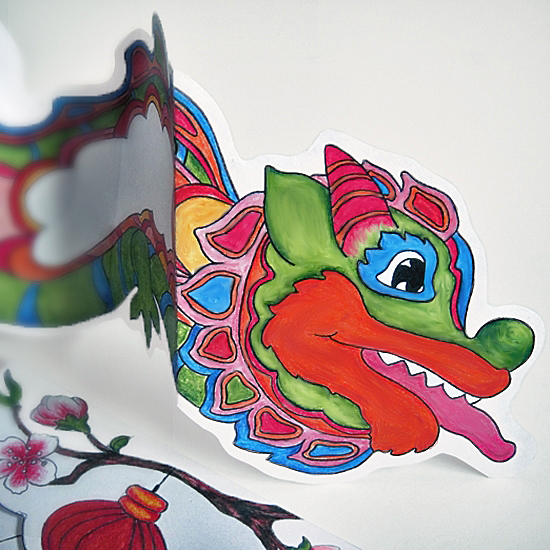Have your kids ever expressed the desire to become an astronaut and explore Mars? Or perhaps it’s their dream to put on a white coat whilst their colleagues refer to them as doctor? Or even come up with revolutionary technology? If the answer to these questions is yes, then you definitely have a science minded kid on your hands! Fostering a sense of curiosity and scientific thinking without a doubt starts at home. Kids are naturally inquisitive and although the numerous WHYS can drive parents mad, encouraging kids to ask questions about the world around them and how things work will develop an interest for science.
Studies suggest that kids learn more through questioning, critical thinking and problem solving. Working in the fields of both STEM & STEAM and encouraging young scientific minds is essential for the survival of our global economy which will rely on people capable of fulfilling these career pathways.
Did you know, at the moment there is a severe under representation of both women and minorities in STEM fields with over 2.4 million STEM jobs projected to go unfulfilled this year alone!
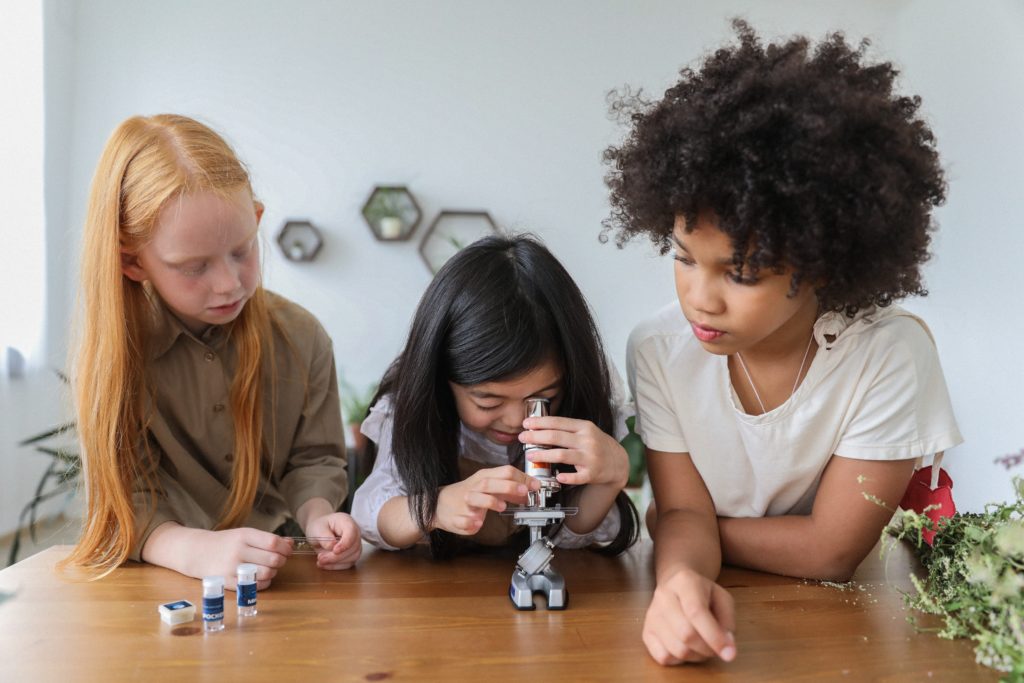
Science in our Daily Lives
From your children’s toy cars to watching their favourite TV shows – science is all around. For example, taking the school bus may be a part of your kids’ routine. However, to a science minded child they may see the bus as a perfect functioning form of mechanical engineering. On their way to school these kids may also encounter traffic lights and electric motor vehicles and once again their brains may wonder how are these mechanisms operate. A ground breaking theory to kids is always how plants ‘get their food from the sun’ by looking at natural biology. Analysing the process of photosynthesis: turning sunlight into stored energy in order to create oxygen for all to breathe and plants to grow, changed my life!
Instead of telling your kids why the sky is blue, you could ask them why they think the sky is blue and always look for teachable moments in your daily life. If your kids are not passionate about science you can show them how it impacts their interests, for example, the physics of how baseballs travel through the air or the electrical signals and code required to program their favourite video games. However, if your child is a natural scientific explorer then invest in this heavily now as they will be receiving some hefty paychecks during your retirement days!
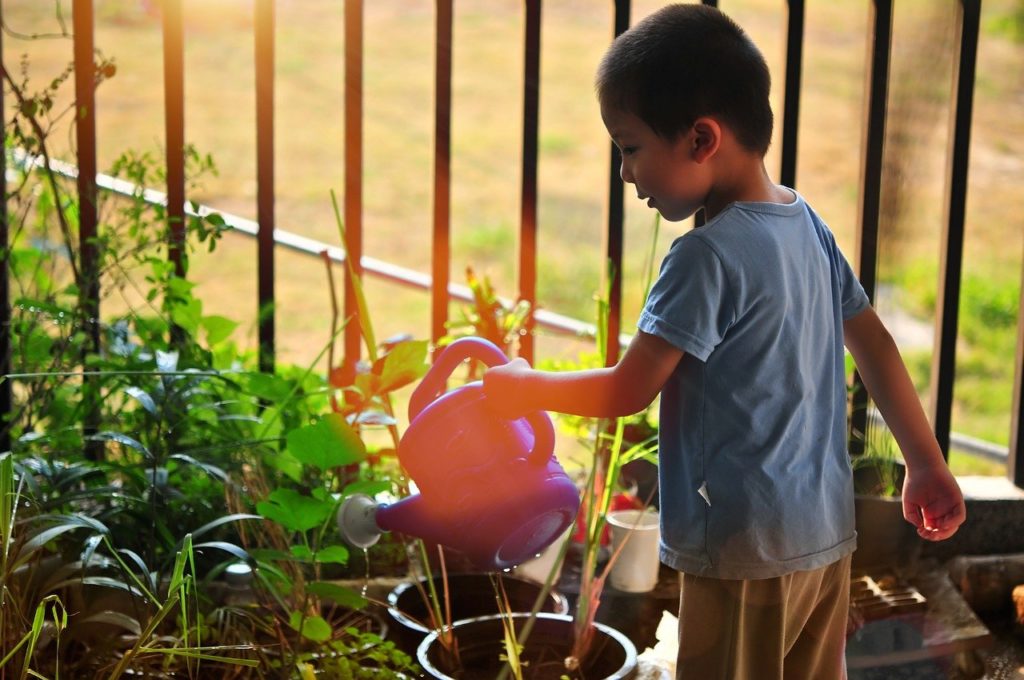
Science Activities and Resources
So if you are the parents of potential science geniuses, you may be wondering how to help them. Luckily through advancing technology and the internet, resources and activities are endless. National Geographic for kids has to be one of the best and easy resources for kids, with their own dedicated TV channel, websites and magazines. They cover a wide range of topics from the extinction of polar bears to the construction of the pyramids and this is definitely at the top of the list for any would-be scientists.
The other one that is highly popular with kids is the magic school bus range of books, videos and even hands-on science experiments to try, who doesn’t love Miss Fizzle as she takes kids on imaginative journeys through their own bodies or discovering the Arctic tundra.
4-H Stem lab is another great first stop in your kids’ science journey and you can find lots of different activities all clearly marked for the intended grade level and details on what you will need and how long each one takes. Each experiment has easy to follow instructions and even includes a “messy meter” so parents know how long each one will take to clean up!
How Stuff Works is another great resource that covers all sorts of interesting topics. This site is geared more towards older kids and the explanations may be too complex for younger kids but it is definitely a stepping stone after the magic school bus and can be used as a tool for parents to explore areas of scientific interest together.
Encouraging Young Scientists
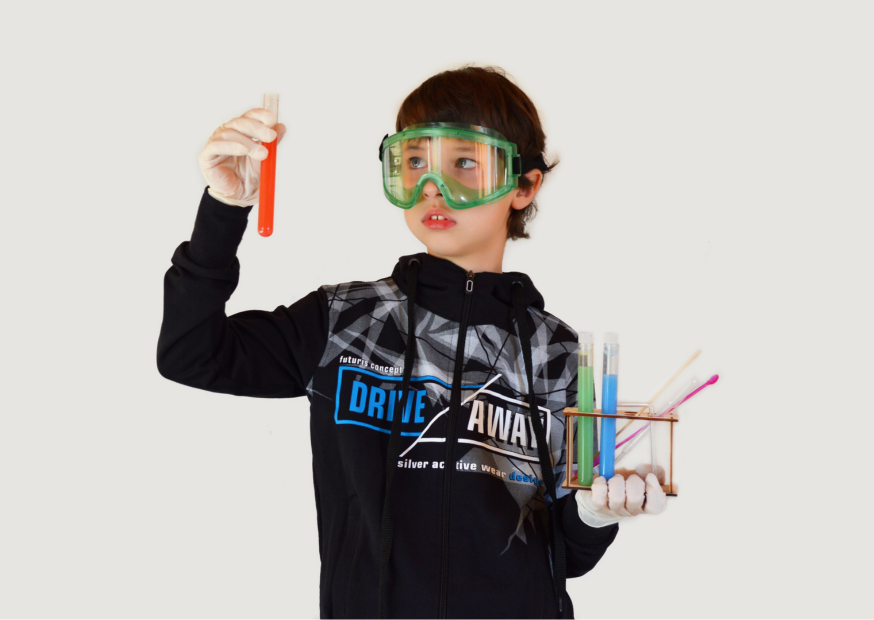
Let them be who they are! Whether your child is more scientifically minded or athletically gifted, the most important thing is to support their goals and aspirations. If your little ones are showing signs of interests in science from a young age, then as parents you can turn their interests into a bonding session or even some fun with the whole family trying out some DIY science experiments. In Bangkok there is both a planetarium and a children’s science & discovery museum both have opportunities to try out real-life experiments, interactive experiences to view the stars and a few dino digs for your budding archeologists.
Encouraging kids to love science isn’t hard, talk to them about scientific topics of interest and expose them to a variety of sciences from growing plants together to looking towards the stars at the different sizes and shapes of the planets and their proximity to their own home on earth. Guide them in developing their own explanations and asking questions about natural phenomena and scientific processes. Talk to them about the impact of plastic in the oceans and why they should turn off the tap when cleaning their teeth, it’s never too early to create eco-warriors.
The key for expressing encouragement towards your evolving scientists is Togetherness. By participating in activities together your children associate the events with positivity, all kids love to share their knowledge and excitement with their parents, even if you already know why the oceans tides goes out and that the world really is not flat! This reassures your kids that their interests are fun and entertaining, knowing that your parents support your scientific dreams always gets them closer to achieving their goals.




